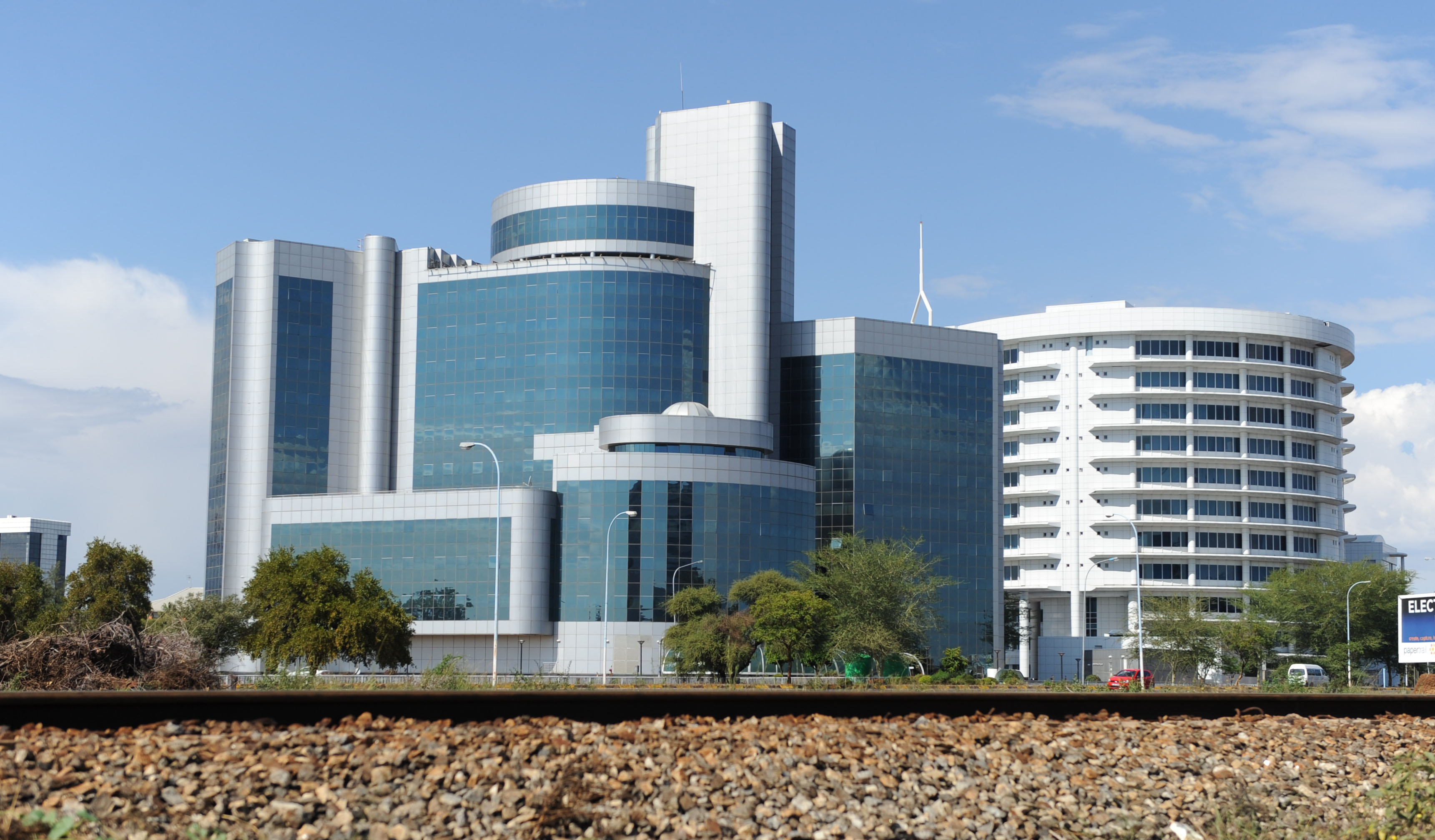According to a legal opinion given to former President Festus Mogae when the late President Quett Masire was handing over the baton, the Office of President becomes “vacant” irrespective of the circumstance under which the erstwhile president left office. Research conducted by this publication further reveals that the opinion given to President Mogae is consistent with various international judgements on the interpretation of a “vacancy” arising when a president leaves office at the end of his tenure.
GAZETTE REPORTER
Twenty-one years after the introduction of the controversial constitutional amendment that created automatic succession, the Attorney General has invoked Section 12 of the Revision of the Laws Act to “rectify any clerical or printing error” to amend the “Automatic Succession” provision of the constitution.
In an unusual concession, the Attorney General, after the withdrawal of the application by the Botswana Congress Party (BCP) challenging the constitutionality of an interpretation of Section 35 of the constitution that does away with the need for a parliamentary election to confirm a president who has assumed office at the end of the tenure of his predecessor, has amended the provisions of Section 35 (3) to remove reference to Section 35 (1). Published in the Government Gazette of May 18th , the short amendment was issued without fanfare and aims to entrench the interpretation that the appointment of the Vice President to President is automatic.
According to the proceedings filed at the High Court, the Attorney General had erroneously assumed that the central concern raised by the BCP’s litigation on the interpretation of Section 35 of the Constitution (Automatic Succession) lay the ambiguity surrounding the limitation of the authority of a president appointed automatically at the end of the term of office of the outgoing president. The confusion, according to the Attorney General arose due to an error in the 1997 amendment that referred to section 35 (1) in section 35 (3) that prohibits such a president dissolving parliament and would therefore curtail his authority. The new amendment specifically addresses the Attorney General’s position in his court filings.
Both the current Attorney General and his immediate predecessor had put forward a public explanation that the inclusion of the reference to section 35 (1) under section 35 (3) was an “error” and should be ignored. This perceived ambiguity has now been addressed by the publication of the constitutional amendment.
However, attorneys consulted by The Botswana Gazette have raised concern with both the manner in which the Attorney General amended the law and its effect. “It is questionable whether there is an error in the constitution, it is clear from the memorandum to the 1997 Bill that parliament never intended to amend Section 35 (3) of the constitution, and it should be the court that determines whether there was an error, not the Attorney General,” stated one attorney to this publication, adding that “The BCP litigation focused on whether a vacancy was created by the conclusion of a president’s tenure in office, not merely on the limitation of the president’s authority. While the new amendment addresses some of the ambiguity that arose due to the 1997 amendment, it fails to address the most important concern, which was the lack of any democratic processes once a president had served 10 years.”
Archived documents unveiled by The Botswana Gazette appear to lend credence to the BCP argument that a vacancy in the Office of the President exists immediately upon the end of the tenure of an erstwhile president. According to a legal opinion given to former President Festus Mogae at the time of the late President Quett Masire handing over the baton, the Office of President becomes “vacant” irrespective of the circumstance under which the erstwhile president left office. Research conducted by this publication further reveals that the opinion given to President Mogae is consistent with various international judgements on the interpretation of a “vacancy” arising when a president leaves office at the end of his tenure.
The abandoned litigation proceedings reveal that the key argument advanced by the BCP was that in the event of a vacancy, then the incoming president had to be elected and confirmed by a parliamentary vote in accordance with democratic principles set out in Section 35 (4) of the constitution. This argument has not been addressed by the new amendment.
The Attorney General had surprisingly argued in his court papers, despite simultaneously claiming that there was no need to hold a parliamentary election, that the Chief Justice had not been called upon to adjudicate on whether the president had been properly elected by parliament under the constitution. According to legal opinion obtained by The Botswana Gazette, the issue of the Chief Justice’s involvement as Returning Officer, did not arise, but having deposed to an affidavit in the proceedings and therefore a potential witness, the Chief Justice was prohibited in playing any part in the court proceedings, even as an administrator.
Despite the apparent conflict of interest arising from his involvement in the proceedings, the Chief Justice had personally appointed the judges hearing the matter at the special instance and request of the Attorney General, without consulting the BCP’s attorney. Given the perceived conflict, court papers reveal, the BCP was compelled to withdraw its application due to its concern that it would not be afforded a fair and impartial hearing.
In 2005, Professor Kenneth Good, a Political Science lecturer at the University of Botswana was deported for writing an academic piece questioning democratic principles behind “Automatic Succession”. Prof. Good had expressed the opinion that as a result of the introduction of “Automatic Succession” Botswana was only a partial democracy.

